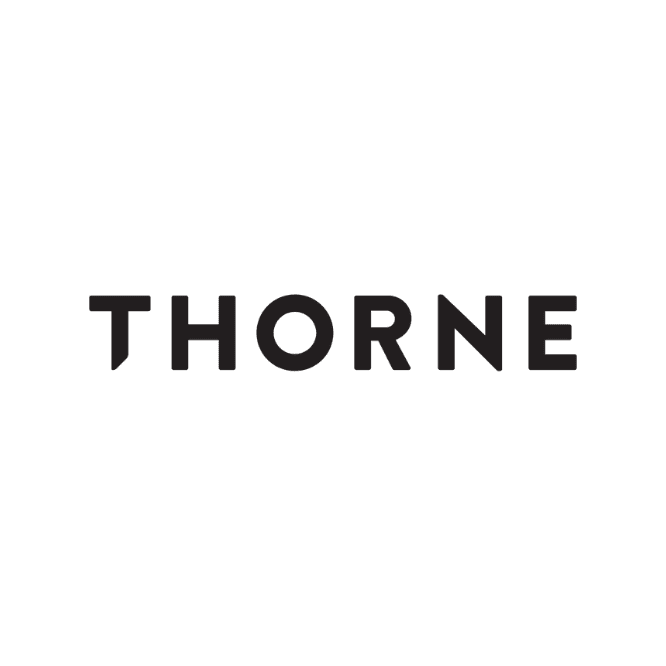About LegalZoom
LegalZoom is an American online legal technology and services company launched in 2001. It is a market leader that provides a wide range of legal solutions for both small businesses and individuals.
They offer services like business formation (LLC, Corporation), intellectual property protection (Trademark, Copyright), estate planning (Wills, Trusts), and general legal guidance through an independent network of attorneys and self-service technology. LegalZoom is designed to make legal processes accessible, accurate, and affordable for millions of people who might not otherwise hire a traditional lawyer.
Affiliate Earnings Calculator
Estimate your affiliate income based on Traffic, CTR, AOV, and Commission rate. Drag the sliders below to explore different scenarios.
Estimated Results
These figures are for illustrative purposes – feel free to adjust them to fit your specific niche.
- Conversion Rate here is defined as the percentage of traffic that buys.
- Does not account for refunds, cancellations, or varying commission rates by product.
LegalZoom Affiliate Program Overview
The LegalZoom Partner Program is designed to create a new revenue channel for publishers, influencers, and partners who have an audience with small business or personal legal needs. Affiliates promote LegalZoom’s services and earn a commission for successful referrals.
| Factor | Description |
| Industry | Legal Technology, Online Legal Services, Business Services, Finance |
| Product Type | Business Formation, Intellectual Property, Estate Planning, Attorney Services, Registered Agent Services |
| Affiliate Program Type | Cost Per Acquisition (CPA), Cost Per Lead (CPL), Revenue Share |
LegalZoom Affiliate Program Offers
LegalZoom provides its partners with the resources needed to effectively promote its services and track performance.
| Factor | Description |
| Promotional Materials | A library of digital marketing assets, including simple text links, banner ads, and co-branded landing pages. |
| Affiliate Cookie Duration | Typically 30 days (based on last-click attribution). This is a standard term, but specific details should be confirmed in the partner platform. |
| Accepted Traffic Sources | Focuses on publishers and influencers who provide end-customers with education and insights, including websites, blogs, and content creators. |
| Accepted Countries | Primarily focused on the United States, as LegalZoom’s services are tailored to US law (attorney assistance in all 50 states). |
| Explicit Content | Not accepted; generally, affiliate programs in the professional services industry strictly prohibit promotion through explicit or adult content sites. |
| Religious or Political Content | Typically restricted or disallowed to maintain brand neutrality, in line with most corporate affiliate guidelines. |
LegalZoom Affiliate Commissions & Payments
The LegalZoom commission structure is competitive and rewards affiliates based on various actions, depending on the product promoted.
| Factor | Description |
| MLM | No (Multi-Level Marketing). This is a standard affiliate marketing program. |
| Commission Rate | Varies. Business formation products start at approximately $125 Cost Per Acquisition (CPA) for most partners. |
| Commission Structure | Features three competitive models that vary by product: Cost Per Acquisition (CPA), Cost Per Lead (CPL), and Revenue Share. Rates can increase based on sales volume (tiered structure). |
| Payout Frequency | Commissions are typically computed monthly (e.g., paid within a set number of days following the end of the month). |
| Payout Methods | Standard methods are usually offered via the affiliate network (e.g., Direct Deposit, PayPal, Check). Specific details depend on the affiliate network or platform used. |
| Minimum Payout | Varies by affiliate network/platform. Specific minimum is not publicly advertised by LegalZoom and should be checked on the platform. |
Suitable Affiliates for LegalZoom Affiliate
The LegalZoom affiliate program is most suitable for content creators whose audience consists of individuals or small business owners who are in the process of starting, running, or protecting their business or personal assets.
- Bloggers/Content Websites: Highly suitable, especially those focused on small business, entrepreneurship, finance, side-hustles, personal finance, real estate, and passive income.
- YouTubers/Video Editors/Livestreamers: Highly suitable, particularly channels that create ‘how-to’ guides for business formation, financial planning, or reviews of legal service platforms.
- KOC/KOL/Influencers (across platforms like TikTok, Instagram, etc.): Suitable if their niche is directly related to business start-ups, entrepreneurial advice, personal finance, or legal compliance. For example, an influencer who documents starting their own LLC.
In summary, the most suitable affiliates are those who educate and guide a business-minded audience.
LegalZoom Affiliate Software
LegalZoom utilizes a modern partner platform to manage its affiliate program, which provides marketing assets and robust reporting tools.
They generally do not use an in-house-only platform but typically partner with a well-known third-party affiliate network (e.g., CJ Affiliate, Partnerize, or another major platform) for tracking and payments, as suggested by mentions of their program on various affiliate network sites. This gives partners reliable tracking and administrative support.
3 Alternatives for LegalZoom Affiliate Program
LegalZoom is primarily a service for business formation and legal documents. Three popular alternatives with affiliate programs in a similar space are ZenBusiness, Rocket Lawyer, and Northwest Registered Agent.
| Comparison Factor | LegalZoom | ZenBusiness | Rocket Lawyer | Northwest Registered Agent |
|---|---|---|---|---|
| Primary Focus | Broad legal solutions: business formation, IP, estate planning | Affordable LLC/Corp formation, compliance services | Online legal documents, attorney consultations (membership-based) | Registered agent services & business formation, strong emphasis on privacy |
| Average Bill | Variable, often higher due to broader services & attorney access | Lower-priced packages, $0 + state fees for basic LLC | Varies (often subscription model for full access) | Competitive pricing, often includes 1 year of free registered agent service |
| Commission | Varies: CPA (e.g., ~$125+ for LLC) or RevShare/CPL | Flat-rate CPA (~15–20% per sale or ~$100+ per order) | Flat-rate CPA/Lead (~$40–$100 per trial or signup) | High CPA for RA/formation ($100+ or higher) |
| Conversion | Strong, thanks to high brand trust and recognition | Strong, driven by low entry pricing ($0 + state fees) | Strong for users seeking quick access to legal docs/advice | Strong for users prioritizing privacy & high-quality support |
| Payment Frequency | Typically Monthly (via partner platform) | Typically Monthly (via partner platform) | Typically Monthly (via partner platform) | Typically Monthly (via partner platform) |
| Withdrawal Threshold | Varies by network (~$50–$100) | Varies by network (~$50–$100) | Varies by network (~$50–$100) | Varies by network (~$50–$100) |
| Marketing Materials | Banners, text links, co-branded landing pages | Banners, text links, dedicated partner support | Banners, text links, email templates | Banners, text links, high-value educational content |




